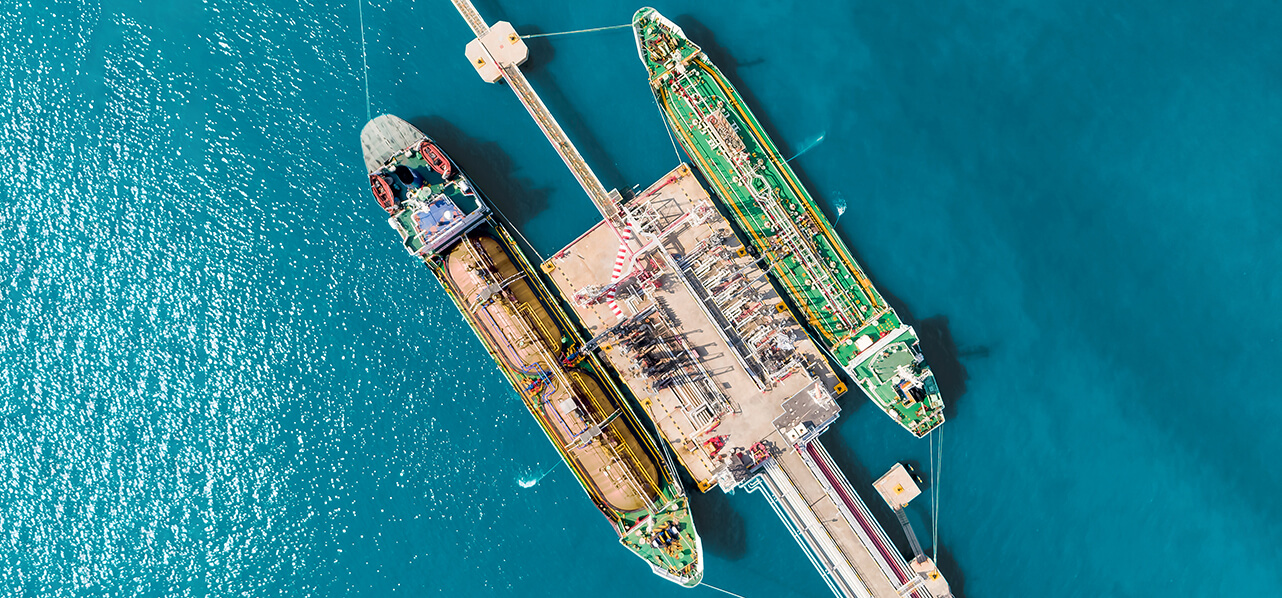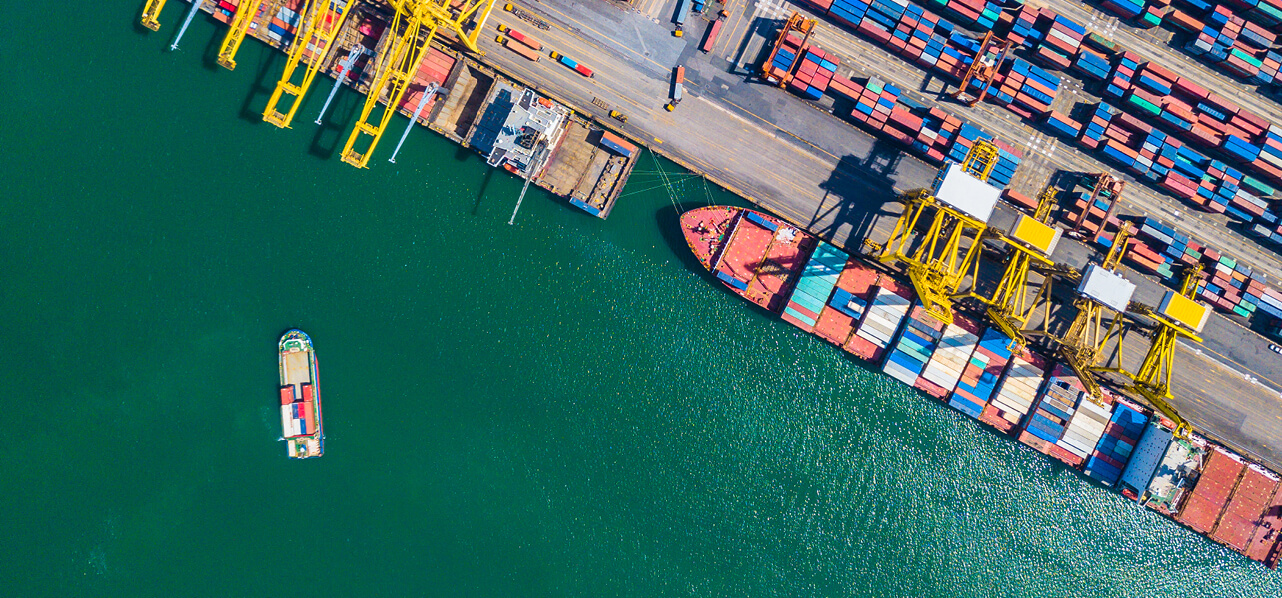The UK’s National Minimum Wage (Offshore Employment) (Amendment) Order 2020 (the Order) came into force on 1 October 2020, widening the scope and application of the National Minimum Wage Act 1998 and extending its provisions to individuals in “offshore employment” who are working, or who ordinarily work, in the territorial waters of the United Kingdom. The Order also applies to those individuals on ships engaged in activities connected with the exploration of the sea-bed or subsoil, or the exploitation of their natural resources, in the UK sector of the continental shelf.
The intention behind the Order is that these seafarers become entitled to be paid at least the National Minimum Wage (NMW), irrespective of the ship’s flag or individual’s nationality.
The amendments mean that ships in the course of navigation, or engaged in dredging or fishing, are now included within the scope of NMW legislation.





